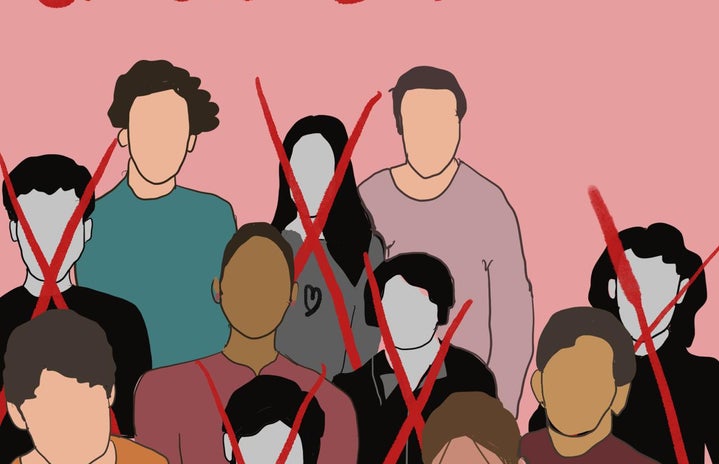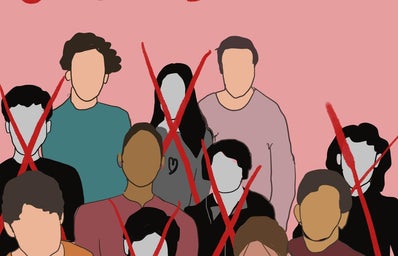Whether you use social media or not, the phrase “cancel culture” is one that you’ve likely heard. From well-known celebrities to nationally celebrated holidays, the phenomenon has relentlessly sought out the downfalls of everyone and anything considered controversial by our society’s ever-changing climate. No matter if it started as a Twitter joke or an autobiographical song, cancel culture’s origins are widely credited to the Black community. While the practice has had its piece of the pie in industries like filmmaking, cancel culture tends to favor the flavors of music – in particular, the delicious (or not-so-delicious) genre of Hip-Hop.
With roots in misogyny, racism, sexual assault, homophobia and general toxicity, it’s no wonder that the long-standing genre has continually found itself on the chopping block. Not to mention the many artists of Hip-Hop, like Nicki Minaj and JAY-Z, who take turns as cancel culture’s poster person each week, month or year. As stated by one writer for Riffs & Rhymes, “trying to find [a Hip-Hop artist] with a completely squeaky clean past or present is… near impossible.” And despite the obviousness of what’s right and wrong, plenty of these artists are never truly cancelled. Sure, they may suffer a loss in fanbase or brand deals, but their statuses in the music industry and society have compelled some to ignore their mistakes and leave their fame untouched. With that being said, has cancel culture ever been effective?
From public apologies to the Grammys, cancel culture has certainly sprouted much-needed change on multiple occasions. On the other hand, the practice is highly contradictory, barring artists from making amends and moving on. As pointed out by JAY-Z, “imagine having a microphone and you’re asked about social justice questions at 18 years old? It’s like, ‘What? I’m meant to know the answer, and if I don’t answer the correct way, if I don’t say everything right, even if my intentions are right… it’s going to be everywhere.’” According to rapper J. Cole, “if anything, [cancel culture] kind of makes me want to be even more empathetic to people that the world considers to be undesirable… I’m down for accountability culture. I’m cool with that. Even for myself… But cancel culture? I don’t cancel nobody.”
In the end, both the success and failure of musicians, genres, institutions and more come down to us as individuals. While the decision to support or cancel someone who’s “controversial” straddles a fine line between oversensitivity and our own cancellation, it’s crucial to maintain a respectable moral compass. In agreement with this idea, writer and Hip-Hop listener Brandon Johnson offers that we question who we listen to and support those who “… provide voices to the otherwise voiceless.”
Overall, cancel culture is important for its ability to “call out” one’s mistakes; however, we must allow that person to apologize for and learn from them. While the practice may never taste its own medicine, we certainly have the power to transform cancel culture into a positive force. As tweeted by rapper Joey Bada$$, “[Participants in cancel culture] are basically normalizing that people can’t make mistakes when the fact is, nobody is perfect.”


